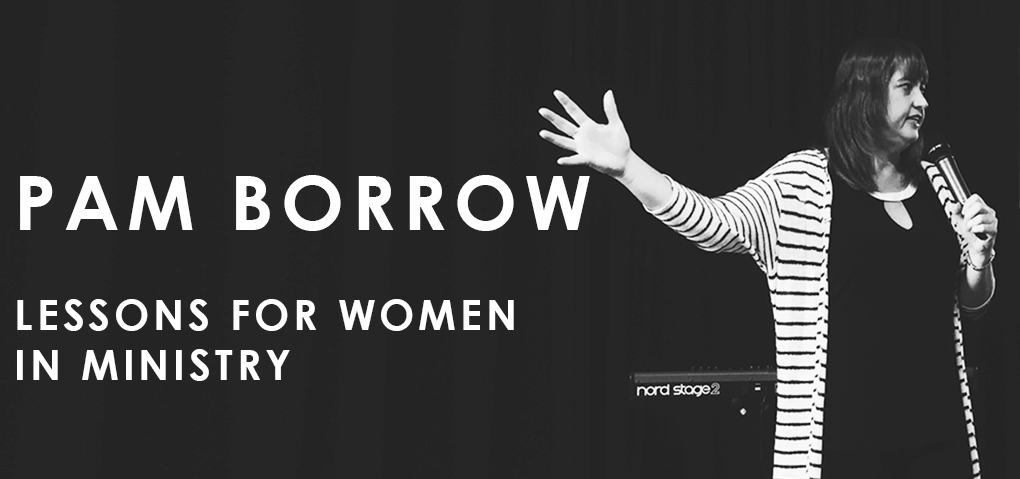So I have done some tough conversations really well at times and really badly at others. I have at times cause damage and at times caused positive change. I have learned some things the hard way.
So for this post I am going to assume you have decided to have the conversation because you know it needs to be done . (See Tough Conversations -Why Have Them ) Here are some tips I have picked up – feel free to add your own in the comments
1. One size does not fit all.
You have to take into account people’s wiring before having these confrontations. Some people are really teachable and will hear everything you say. Some people you will hit really hard and they still won’t get it. Some people are so gentle and sensitive you barely need to say anything. Some people need data- they need times and dates of what has gone wrong. Spend some time thinking about the person and how would be best to approach the conversation – when, where and how is going to be best for this person. They are worth it.
2. Use the smallest stick possible.
What does that mean – use the person with the lowest authority in a team or organisation – that is appropriate. You will find some leaders always want the department head, or Senior Pastor to deal with conflict. Resist this – for a few reasons. First and foremost- the more authority some-one holds the more the tough conversation will sting. You goal is not to hurt a person but to help them overcome an issue or skill deficit in their world. Secondly if it goes straight to the Senior Leader you have no-where else to go if it does not change. We want to give people every opportunity to change . A meeting with the Senior Pastor because they left a window open when they locked up the building is going to feel very heavy handed and possibly be more embarrassing than it needs to be.
3. Have the tough conversation as soon as is possible
Dealing with an issue in a timely manner is so important. The person gets a chance to rectify a situation quickly, you don’t brood over it and let it become bigger in your head than it should , and it relieves stress all around. I have sometimes let things get way too big in my head over time – then the tough conversation becomes way too tough – and counter productive. (I am thinking of some of these right now with shame – knowing there will be people reading this saying Amen and praying I am changing !) Plus you spare the person repeating a mistake over and over, causing more damage than is necessary.
4. Make sure the person knows what is wrong
Seems obvious- but make sure the person understands at the end of the conversation what is wrong, what action steps they can take – or conversely if they have been able to explain the situation – that you understand them better. I have been on the receiving end of some tough conversations where it was too vague and I just was left feeling like the problem was with my personality- they just didn’t like me or value me and therefore there was nothing I could really do to make this situation better. It wasn’t the case but without some clear outcomes that is how I felt.
5. Pray
Only God knows where you are at and where the person is at. So you need God’s peace all over the meeting even if it is tough. You needs God’s grace so that you can love each other and continue to serve God together. You needs God’s wisdom to do it well.
Hopefully we can have tough conversations that feel like a big brother or sister showing the way !
Any tips to add ? I would love to learn from you.










